Dr. Bui Tran Phuong, former Principal of Hoa Sen University, shared about the "rude, ungrateful" questions she encountered as a child at an educational seminar with the topic The Big Questions - children need to learn how to ask.
Educator Bui Tran Phuong (right) and Ms. Nguyen Thuy Uyen Phuong at a discussion on the topic of children needing to learn how to ask (Photo: TH).
"I didn't ask you, Mom!"
Like many children, when she was young, Ms. Bui Tran Phuong had many painful experiences when asking questions to adults, even if it was only out of curiosity.
Mrs. Phuong remembers most when she was around 10 or 11 years old, she thought to herself, did I ask my parents to give birth to me? Nothing would have happened if she hadn't accidentally said it...
That time, the grandmother reminded her granddaughter: "Your mother gave birth to you!". Little Phuong replied: "But I didn't ask you to!".
To her it was a very impertinent, rude and ungrateful question.
Her family rarely punished their children, but after that question, little Phuong was severely punished by being made to face the wall for an hour. The child cried bitterly with a feeling of injustice...
As a child, because her question was considered rude and ungrateful, Ms. Phuong was punished by being forced to face the wall... (Illustration: AI).
That memory later became a brake for this educator, so that every time she saw a young person asking her impertinent questions, Ms. Phuong would ask herself: "Am I being weird and unfair to that person?"
"Every parent was a child before becoming an adult, let's not forget those who experienced our childhood. For young children, many questions are curiosity, play, learning... Knowledge comes from the times children ask the question "why?", said Dr. Bui Tran Phuong.
Parents pass on experience instead of listening to their children's questions
Dr. Bui Tran Phuong stated that parents around the world often want to pass on their own experiences to their children instead of listening to their children's questions. In addition to the above common characteristics, Vietnamese parents also have many factors that make them more protective of their children.
Experiencing her own childhood and witnessing the childhood of children today, the former Principal of Hoa Sen University said that she is seeing parents overprotecting their children and putting too much pressure on them.
Perhaps in the past, people were less afraid due to the pressure of making a living and limited knowledge. But now, life is less deprived but has more challenges, pitfalls and more means to protect children.
Dr. Bui Tran Phuong: "Parents want to pass on their experiences to their children instead of listening to their children's questions" (Photo: TH).
Not to mention, the most profound and deep-rooted problem is that Vietnamese culture has been influenced by Confucianism for a long time. Confucian ideology has many good and good points, but according to Ms. Phuong, there are many harmful points that have not been properly recognized and overcome.
In which, there is a Confucian order of superiors and inferiors that reinforces the parents' will that they are adults, they have the responsibility to protect and guide their children because of love and children must obey their parents.
The world does not need more living memories and "tool humans"
Dr. Bui Tran Phuong mentioned the clip about the mock trial of the education sector with a presentation that shocked the world many years ago.
In that presentation, there were images of cars and telephones hundreds of years ago and now, which have advanced and are very different from each other. But the classroom from hundreds of years ago until now has not changed, there is still a student sitting below, on the podium, a person "talking endlessly".
Students present and ask questions at the program (Photo: TH).
This education expert emphasized that not only simple repetitive tasks, AI can also do complex tasks that require thinking, reasoning, and data analysis at a speed that the human brain cannot handle. AI does not get tired, does not need to rest, and works without limits.
Society today does not need people who only know how to follow procedures but needs people who know how to think differently, do differently, and think differently.
"If children are not given the opportunity to think differently and do differently, how can they have the minimum thing in life: a job? We must encourage people who know how to ask questions, raise problems, and solve problems, and that is the way to solve problems right now," said Ms. Bui Tran Phuong.
Educator Nguyen Thuy Uyen Phuong said she believes that children do not need to know all the answers but must learn how to ask the right questions.
Why is an "inquiring mind" one of the most important things to teach children in this day and age?
Ms. Uyen Phuong emphasized that because the world we grew up in - where information was scarce and the ability to memorize was a weapon - no longer exists. In those days, good students were those who were good at memorizing. Whoever knew more would win. Whoever remembered better would lead.
But today, the world does not need more living memories. Information is everywhere, thousands of pieces of information are poured into young minds every day, some real, some fake, some half-baked. With just a click, a swipe, AI can answer faster, more fluently, even more convincingly than any excellent student.
So what is left for our children? Mrs. Phuong replied: "It is the ability to ask questions."
Because only by asking can you learn to listen and debate. Only by asking can you avoid getting lost in the sea of information. Only by asking can you keep the flame of curiosity alive - something that technology cannot replace.
And most importantly, we don't need more "tool people" who only know how to follow, live by, and learn by. We need "conscious people" who know how to think, to doubt, to choose, and to take responsibility for their words and actions.
Schools are not meant to create human tools, but now teachers must be companions with students to build the ability to filter, question, analyze and choose what is necessary for themselves.
According to educator Nguyen Thuy Uyen Phuong, the world now does not need living memories of memorization or human tools (Photo: TH).
"The best thing a teacher can do, in my opinion, is to listen to students' questions and guide them to ask themselves questions. As teachers, we have to worry about whether students know how to ask questions," said Ms. Nguyen Thuy Uyen Phuong.
As for parents, Ms. Nguyen Thuy Uyen Phuong shared that don't just ask your child what they learned today, but ask "What did you ask today?".
Source: https://dantri.com.vn/giao-duc/tien-si-giao-duc-va-cau-hoi-hon-lao-vo-on-ngay-be-20250415105435409.htm


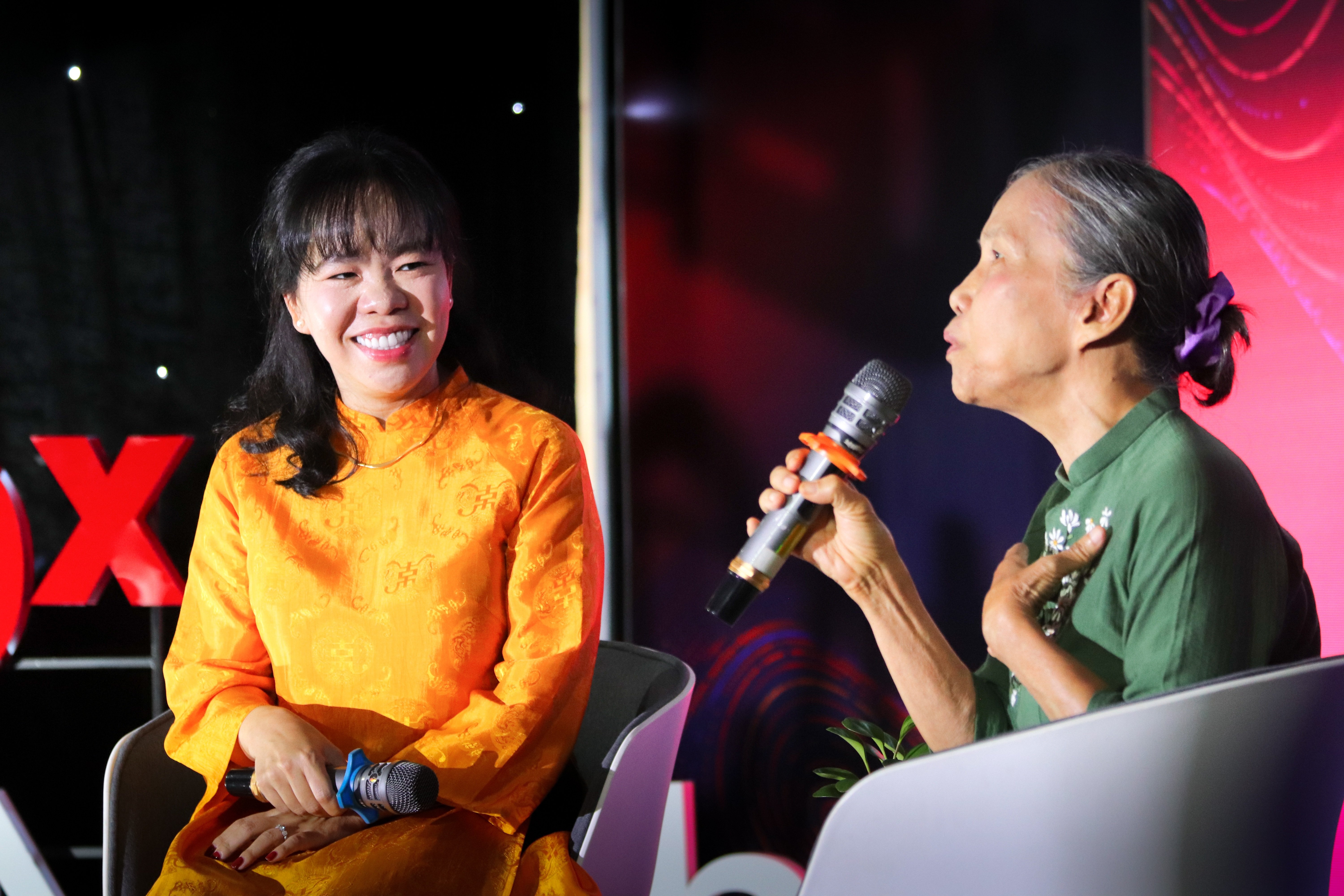
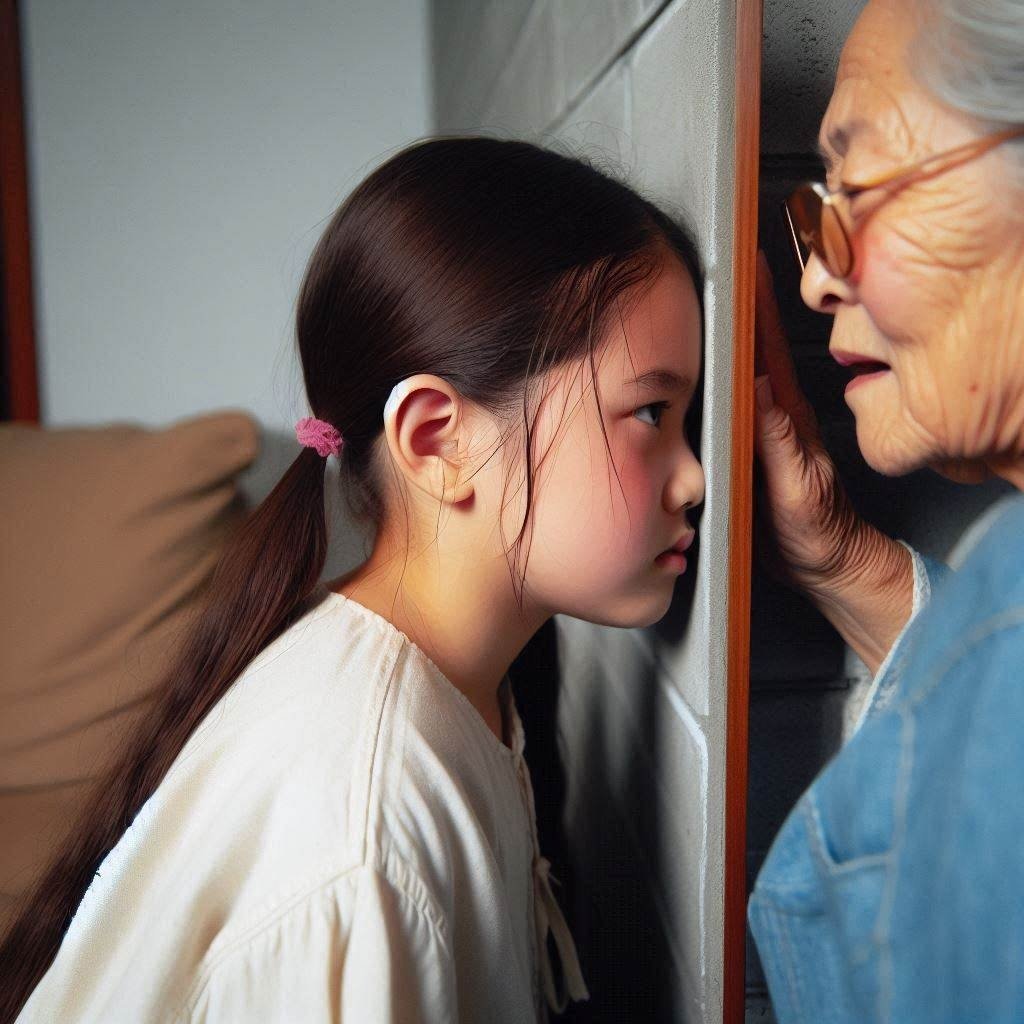
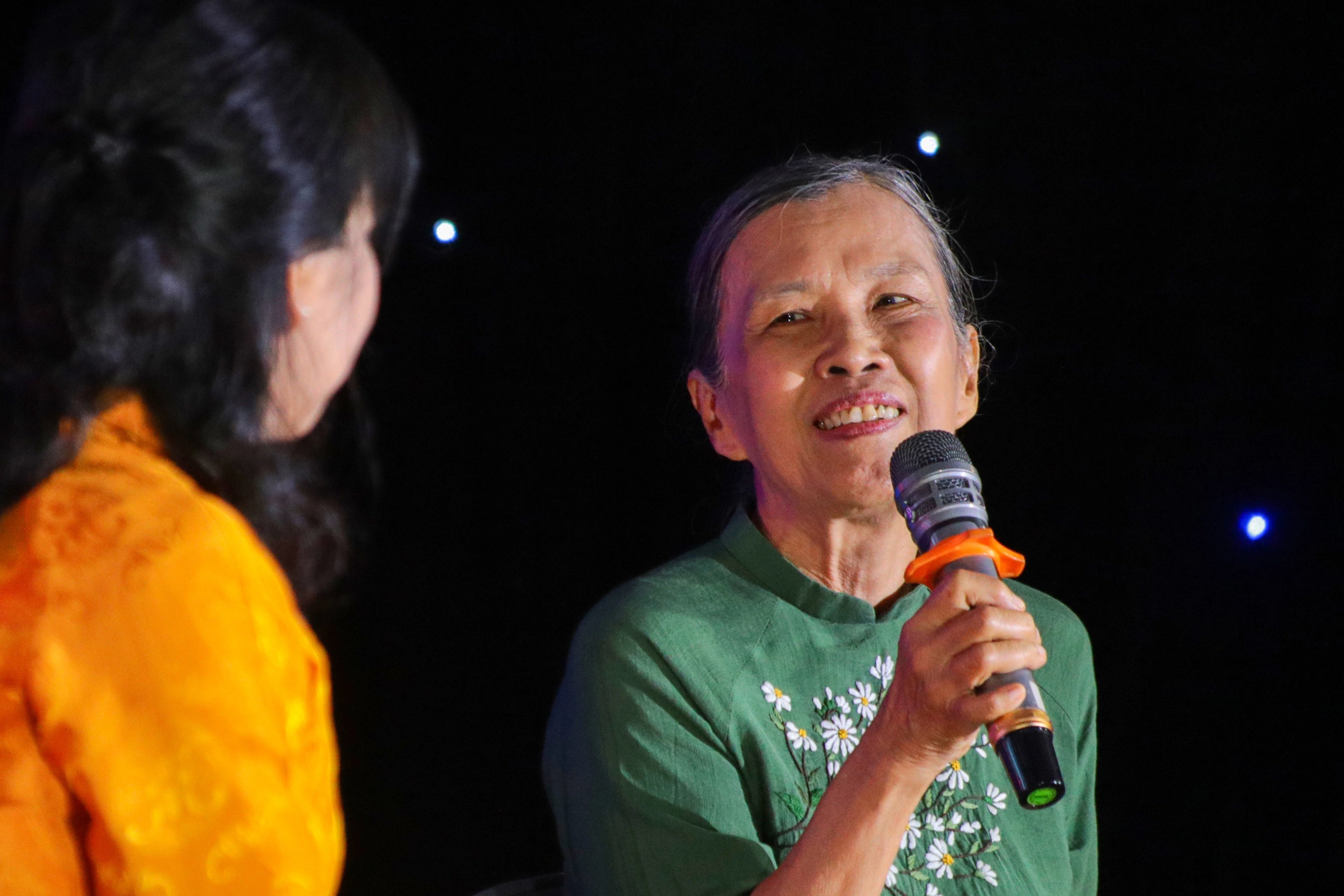
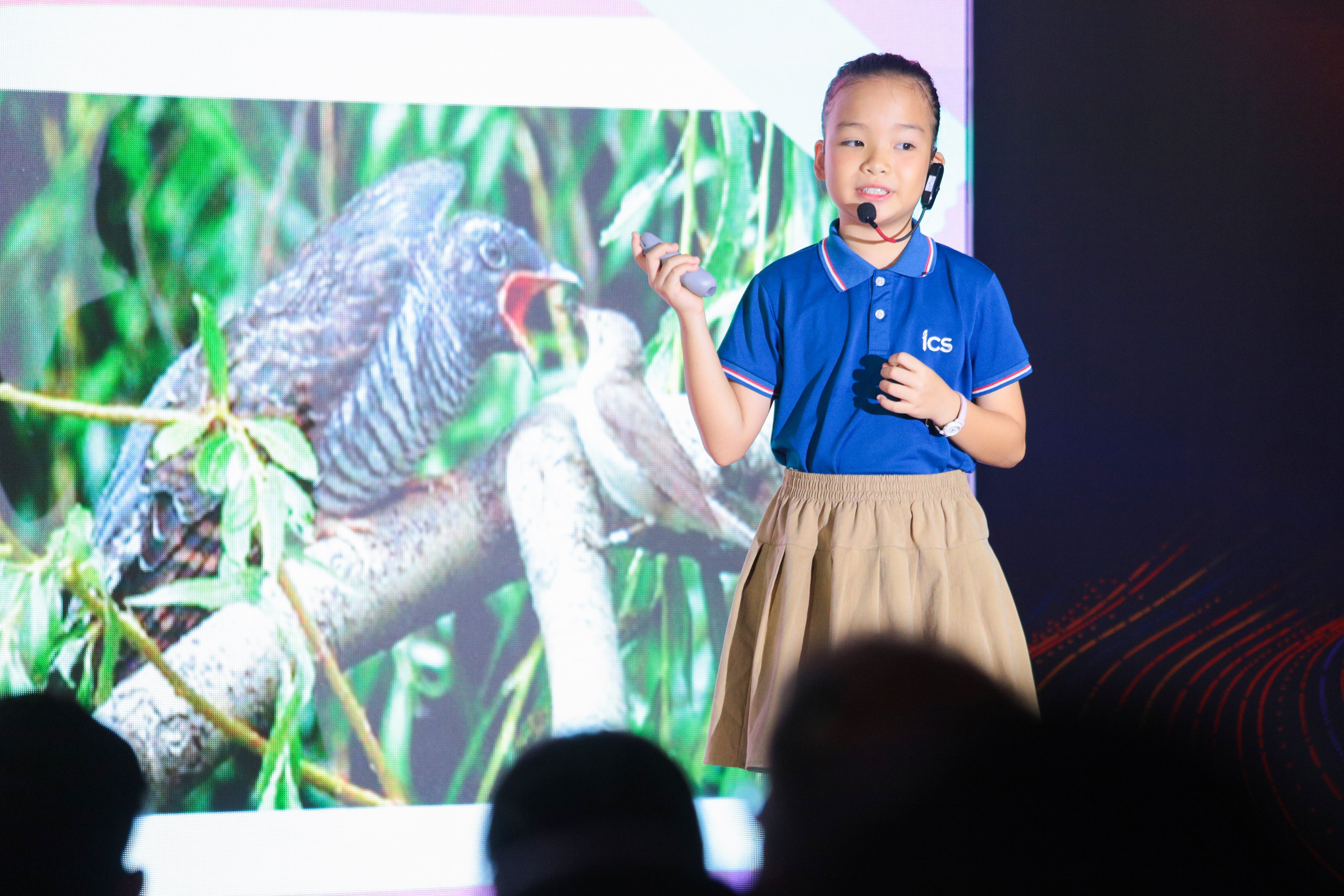
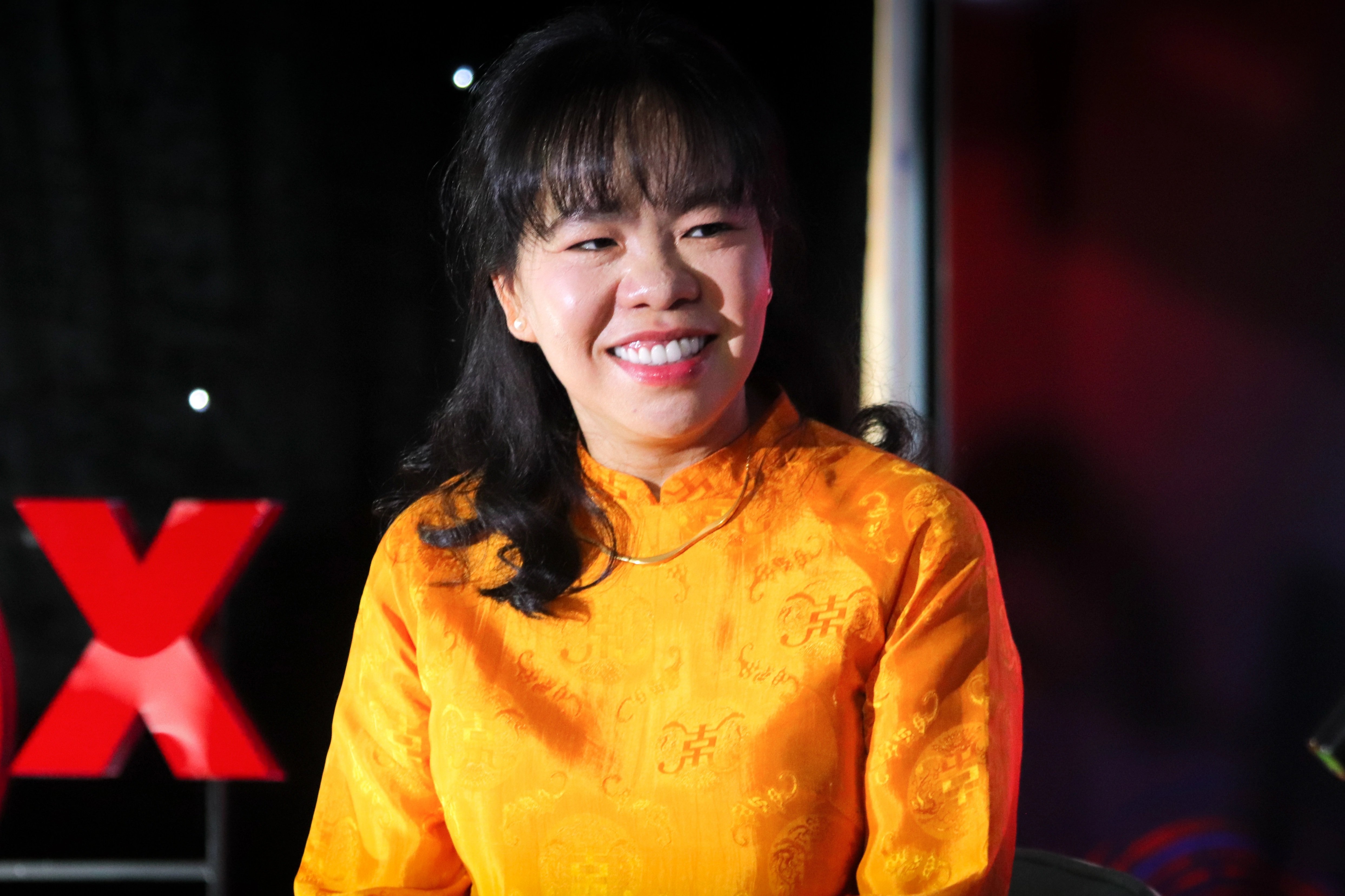
![[Photo] General Secretary To Lam begins official visit to Russia and attends the 80th Anniversary of Victory over Fascism](https://vphoto.vietnam.vn/thumb/1200x675/vietnam/resource/IMAGE/2025/5/8/5d2566d7f67d4a1e9b88bc677831ec9d)
![[Photo] Prime Minister Pham Minh Chinh meets with the Policy Advisory Council on Private Economic Development](https://vphoto.vietnam.vn/thumb/1200x675/vietnam/resource/IMAGE/2025/5/8/387da60b85cc489ab2aed8442fc3b14a)
![[Photo] President Luong Cuong presents the decision to appoint Deputy Head of the Office of the President](https://vphoto.vietnam.vn/thumb/1200x675/vietnam/resource/IMAGE/2025/5/8/501f8ee192f3476ab9f7579c57b423ad)
![[Photo] General Secretary concludes visit to Azerbaijan, departs for visit to Russian Federation](https://vphoto.vietnam.vn/thumb/1200x675/vietnam/resource/IMAGE/2025/5/8/7a135ad280314b66917ad278ce0e26fa)
![[Photo] National Assembly Chairman Tran Thanh Man chairs the meeting of the Subcommittee on Documents of the First National Assembly Party Congress](https://vphoto.vietnam.vn/thumb/1200x675/vietnam/resource/IMAGE/2025/5/8/72b19a73d94a4affab411fd8c87f4f8d)

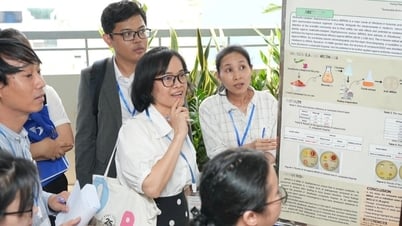
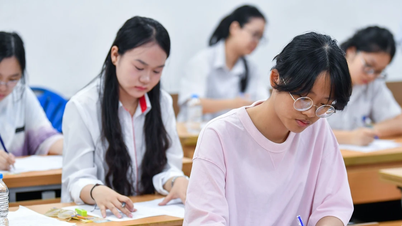
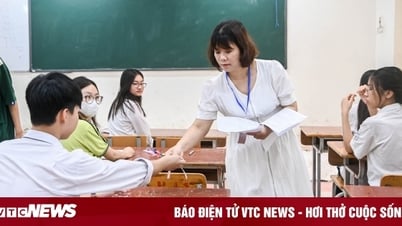

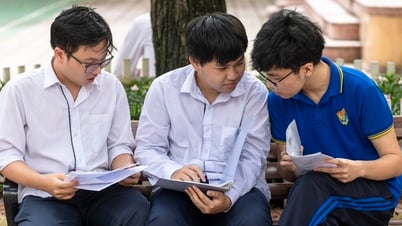
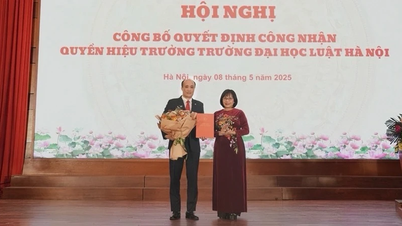






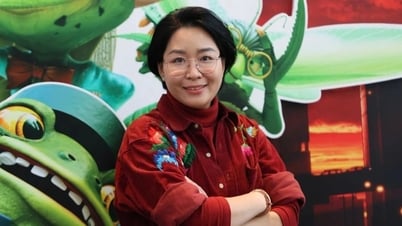




































![[Photo] Prime Minister Pham Minh Chinh talks on the phone with Singaporean Prime Minister Lawrence Wong](https://vphoto.vietnam.vn/thumb/402x226/vietnam/resource/IMAGE/2025/5/8/e2eab082d9bc4fc4a360b28fa0ab94de)












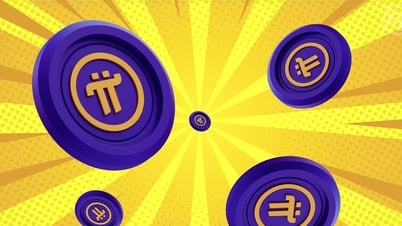

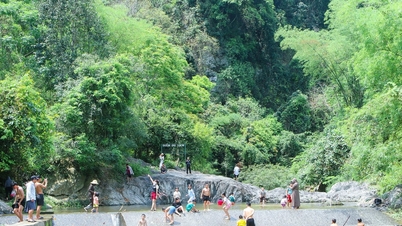

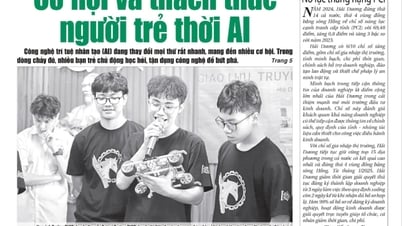
















Comment (0)